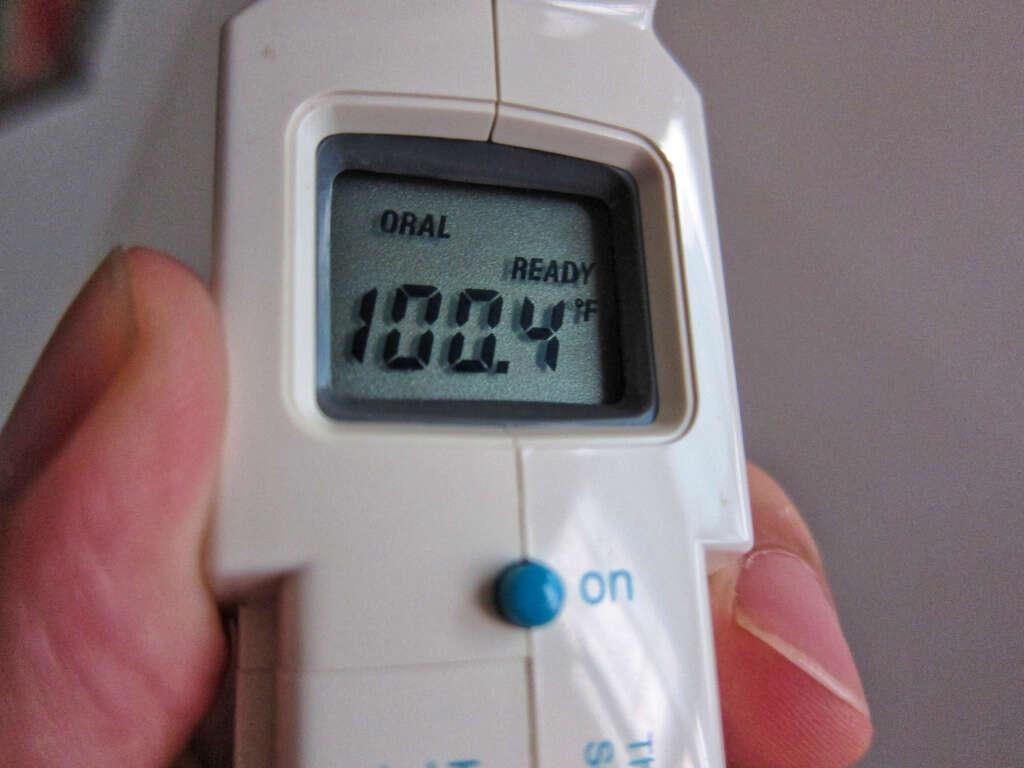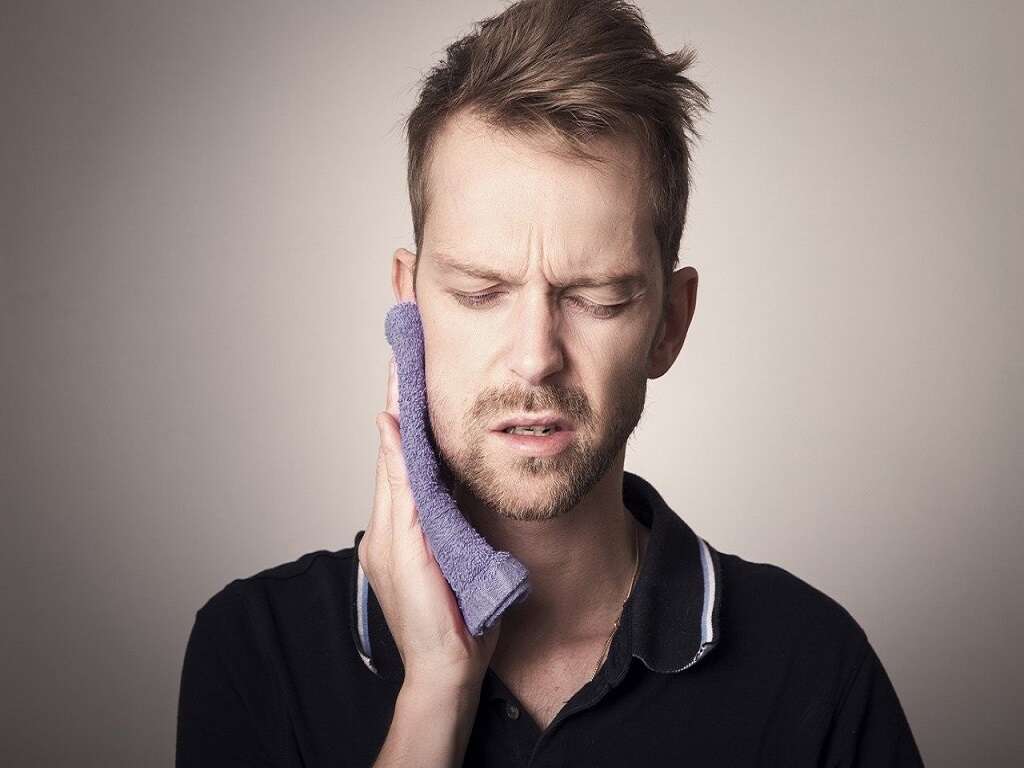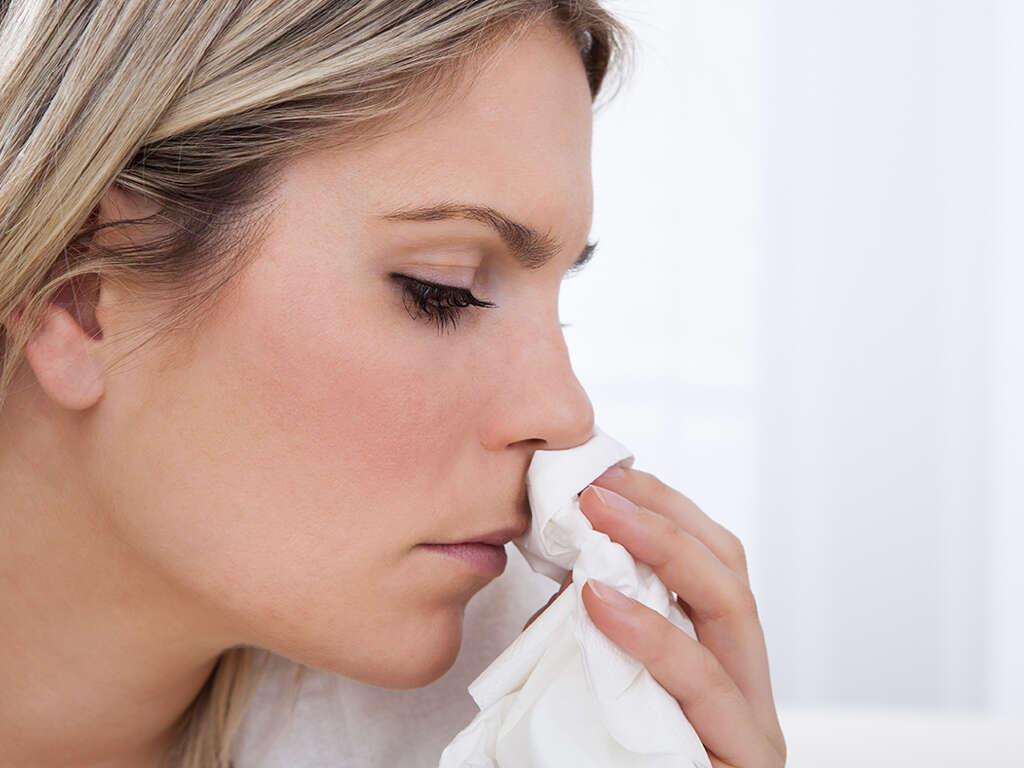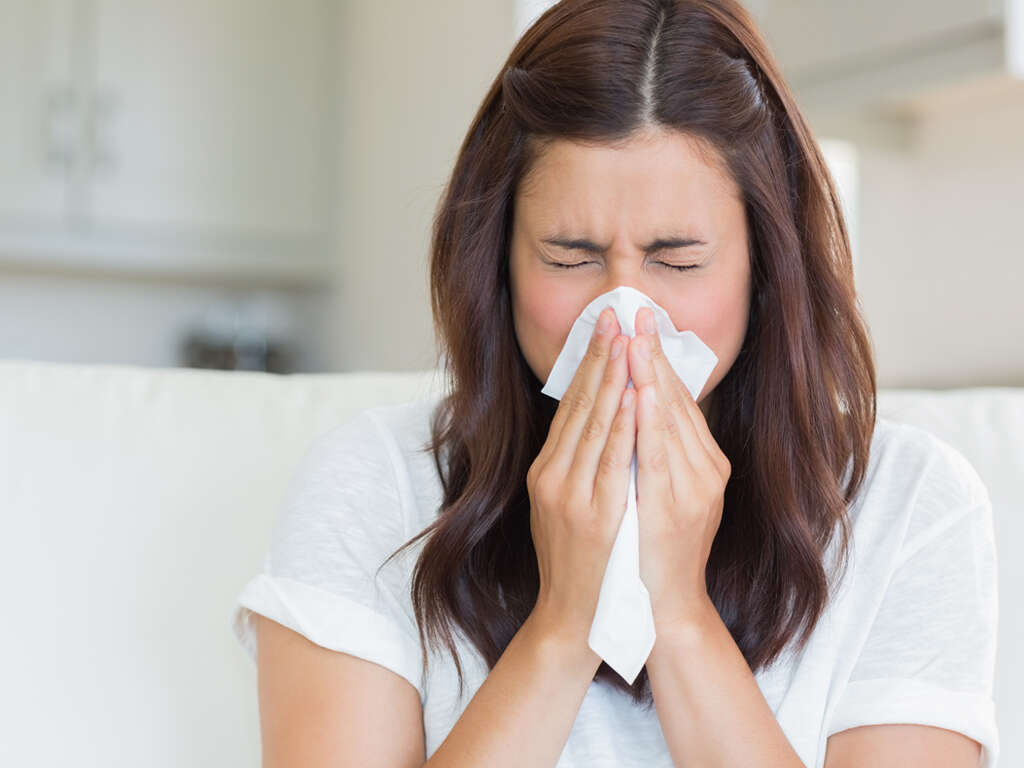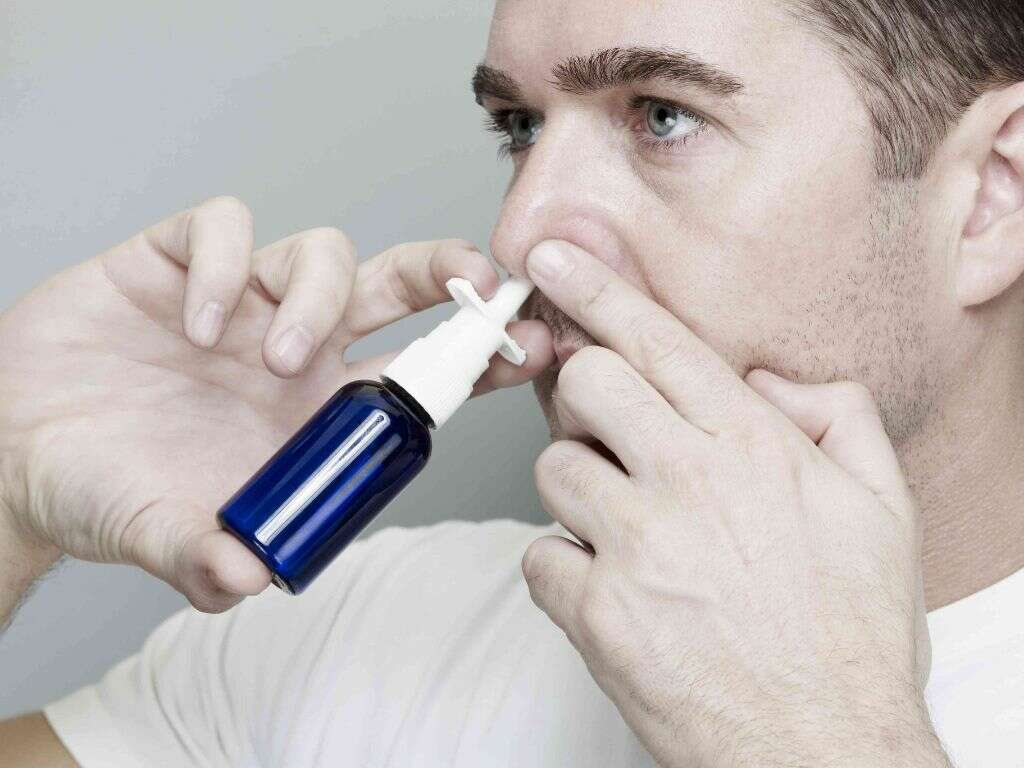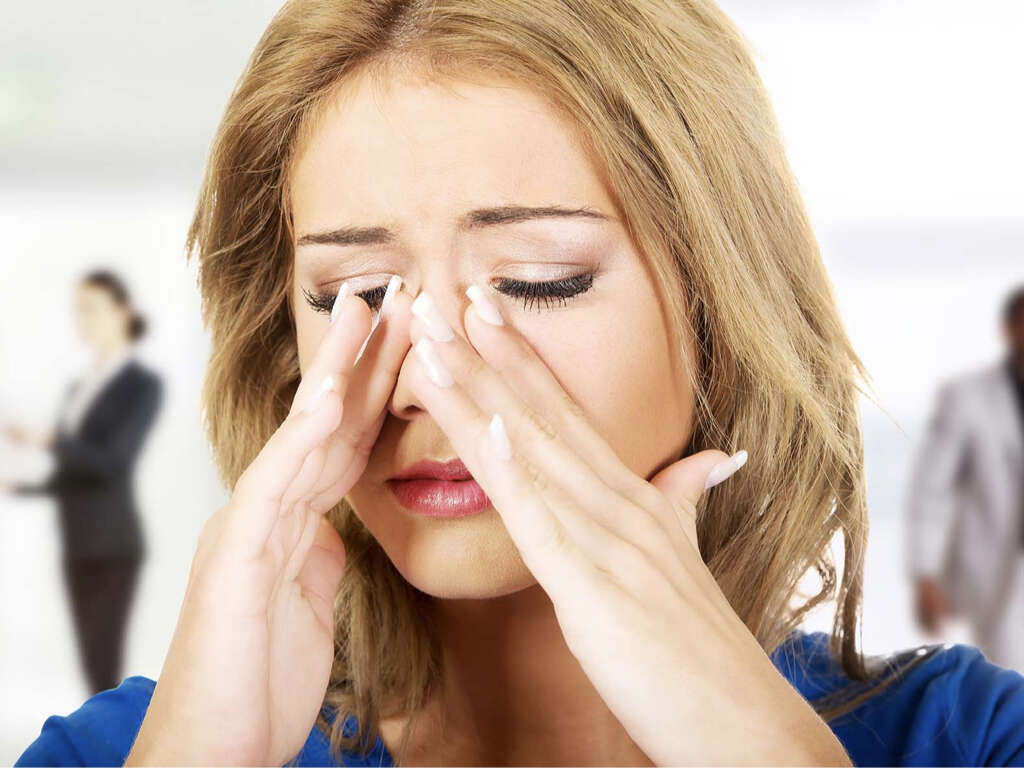10 Sinusitis Symptoms
Sinusitis is the medical name used to refer to the inflammation of the paranasal sinuses (mucosal lining), it is usually accompanied by rhinitis (runny nose) so the preferred medical terminology is rhinosinusitis.
A cold can also pave the way for a sinus infection to emerge. However, you will be able to tell the difference between a cold and a sinus infection if you read this article. Sinus infections are a bit more difficult to treat and will require different treatment than a simple cold.
You’ll have to talk to your doctor to figure out the best treatment, since sinusitis can be caused by infections, allergies, chemicals, bacteria, or inflammation.
Symptom #1: Headaches
While headaches can occur for people suffering from either colds or sinus infections, they tend to be more frequent occurrences for people who have sinus infections. Headaches caused by either of these problems are usually caused by the increased pressure and inflammation in the sinuses.
This pressure cases the tissues in the sinuses to expand and the muscles in the face to tighten. This is why many people suffering from these problems experience headaches in these particular areas.
Symptom #2: Fever
One symptom that generally separates sinus infections from colds is the emergence of a fever. Fever is usually a result of your body trying to eliminate a pathogen.
Because these particular organisms don’t usually thrive well in high temperatures, your immune system raises the temperature of your body so the pathogen is easier to defeat. The fever can also contribute to the appearance of headaches.
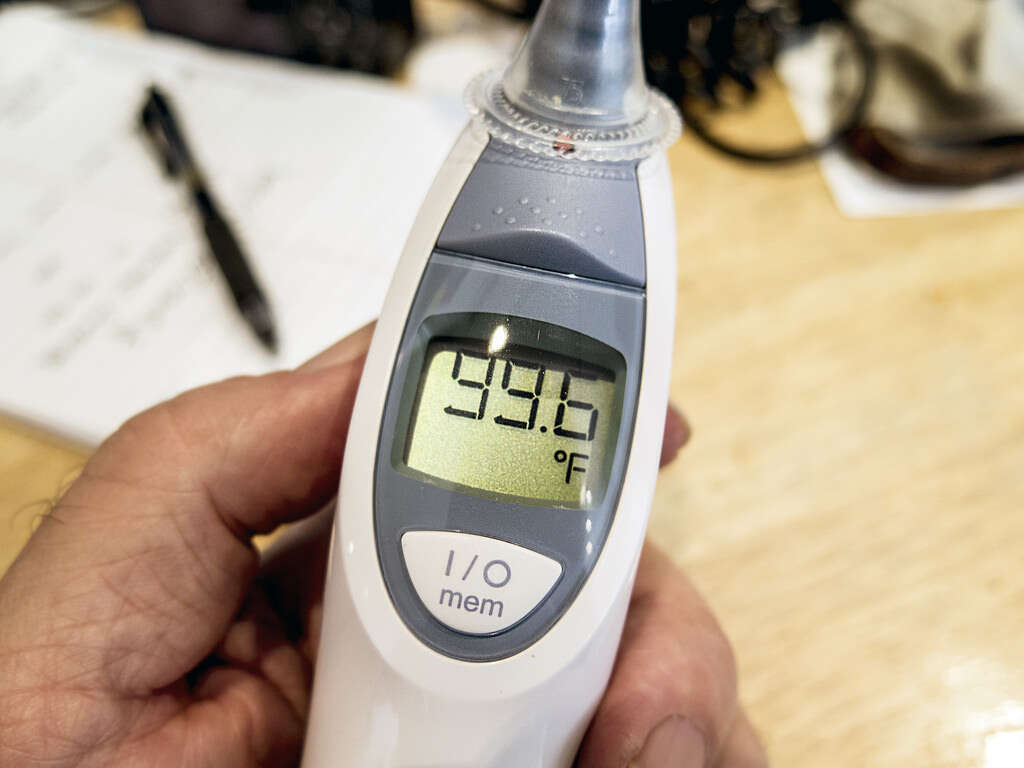
Symptom #3: Bad Breath
Unfortunately, sinus infections can contribute to bad breath, which is also known in the medical community as halitosis. This is a result of the excessive mucus that your sinuses are producing.
Mucus is not able to easily drain out of the passageways in your sinuses and can result in excess buildup. If this mucus contains bacteria, then they could further contribute to unpleasant odors in your mouth.
Symptom #4: Post-Nasal Drip
Post-nasal drip is the term given to the mucus that drips down the back of your throat after being stuck up in your sinuses for a while.
This mucus can end up causing some irritation and discomfort, and can also lead to you hacking up some unpleasant stuff.
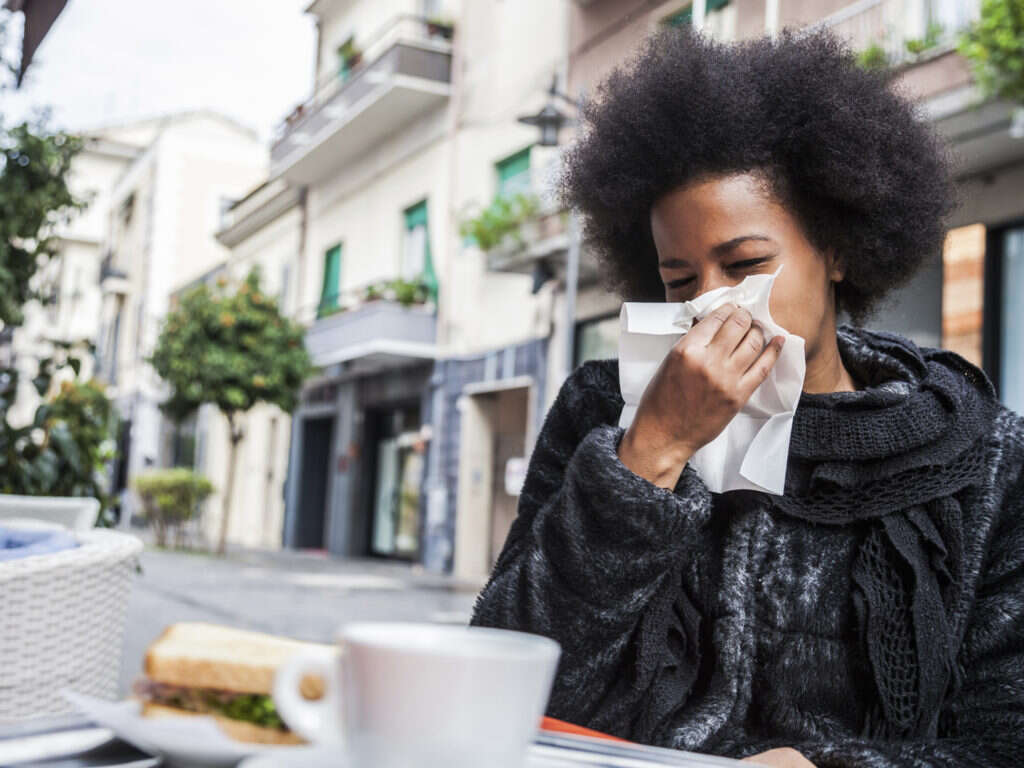
Symptom #5: Morning Cough
While coughs are a fairly common symptom of colds, people with a sinus infection may be more prone to experiencing intense bouts of coughing in the morning when they first wake up.
This is because of the post-nasal drip that might be experienced during your sleep. As you sleep, mucus will drip down your throat after being retained in your sinuses throughout the day. It can gather in your lungs or in other areas of your respiratory system.
This mucus is usually a bit thicker and harder to pass than regular mucus, and since there’s often such a big buildup, it can cause some pretty aggressive coughing in the morning. You may expect to pass a fairly large wad of phlegm every time you wake up until the infection has passed, and even sometimes for a few days afterwards.
Symptom #6: Discolored Mucus
Another thing that can help to differentiate a sinus infection from a cold or another type of illness is the way that the mucus is colored. People suffering from sinus infections tend to report that their mucus is a lot darker in color, and often appears to be a very vivid green or yellow.
Many conditions may cause green or yellow sputum, therefore, It is important to seek medical attention in order to determine the nature of this symptom and to provide a proper diagnosis.
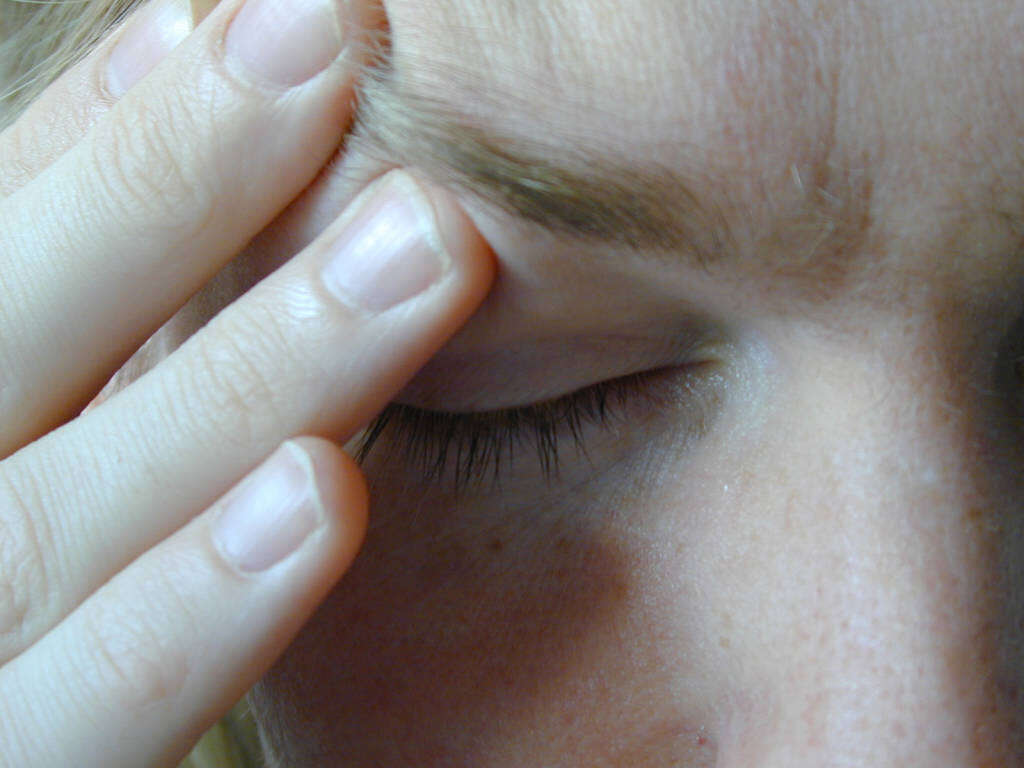
Symptom #7: Fatigue
Another symptom that runs common among sinus infections, indeed among many types of infections, is fatigue. If you have felt sluggish or exhausted in the midst of your coughing and headaches, regardless of the amount of rest you’ve gotten, then you should seek consult with a physician because you might have a sinus infection.
Fortunately, this isn’t always a bad thing. This just means that your immune system is working its hardest to get rid of the infection. This takes a lot of energy, and your body only has a limited amount of energy, so you can expect to feel a bit run-down while your immune system is taking the wheel and trying to keep you safe.
Symptom #8: Sore Throat
This is another symptom that can emerge as a result of the post-nasal drip that many folks experience with sinus infections. This is because of the mucus being forced down the back of the throat instead of passing normally through the sinuses, as it would if you weren’t sick.
The throat isn’t generally used to this kind of treatment, so it will become irritated as the post-nasal drip becomes more intense. It often starts off as an irritating tickle, but it can become inflamed and painful if the infection gets serious enough.
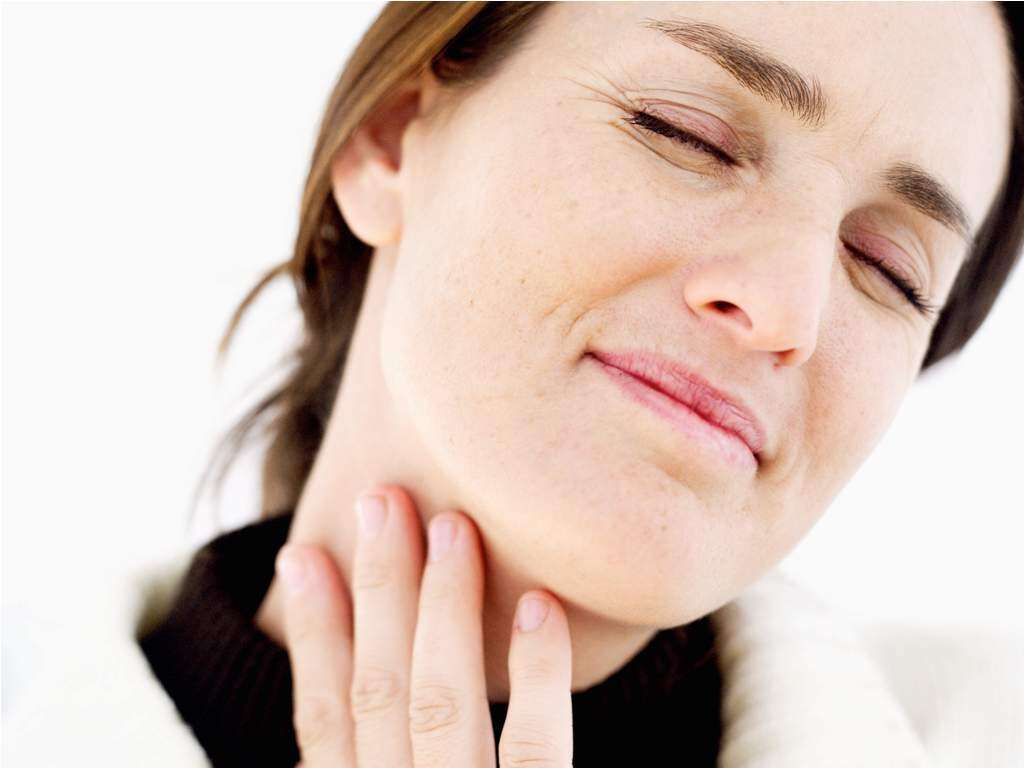
Symptom #9: Inflamed Sinuses
This is the most common indicator of a sinus infection - the actual inflammation of the sinuses themselves. This is also one of the main things that separates sinus infections from regular colds or other conditions.
Infected, inflamed sinuses can usually be felt as a dull, throbbing pain. This pain usually manifest behind the eyes or in the areas behind the nasal bones or cheeks - the areas where your sinuses cover. This is basically the main issue with sinus infections and is what leads to many of the other problems, such as post-nasal drip and headaches.
Symptom #10: Congestion
One of the main symptoms that will occur with people suffering from a sinus infection is congestion. If you feel that your head is heavier than it usually is, this is a tell-tale sign that your sinuses are congested. Since the sinuses are what connect your nasal passage to the rest of the respiratory system, when they become congested with mucus it can feel very strange and uncomfortable.
It’s not a good idea to jump for antibiotics as soon as you feel congested. In fact, you should seek medical attention to confirm the diagnosis and to further asses and discuss your treatment options.



